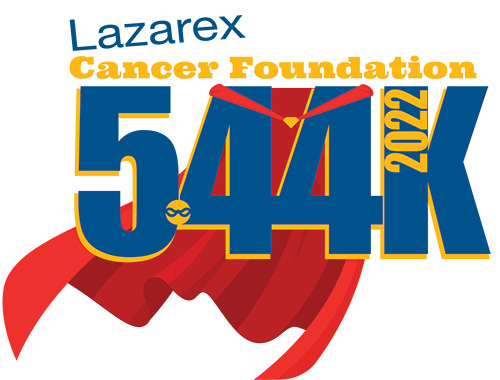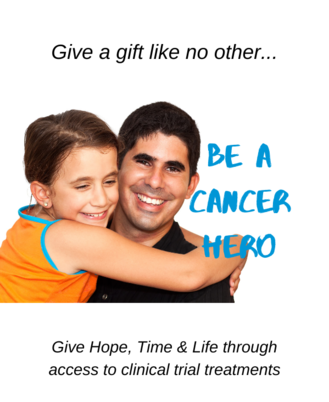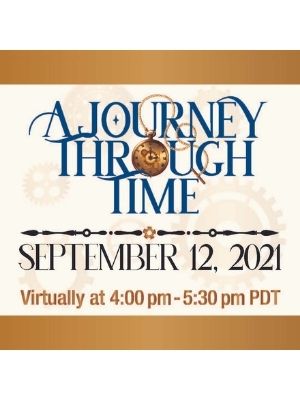Cancer, Heart Disease, and Health Disparities among Black and African American People
By Marya L. Shegog, PhD, MPH, CHES, Health Equity and Diversity Director for Lazarex Cancer Foundation
In our society, the heart embodies many things. It is the organ essential for life itself and as such we connect it to the notion of love, companionship, strength, and survival. The heart is the fifth largest organ in the body, pumps around 1.5 million barrels of blood throughout its lifetime, and beats about 100,000 times a day or 35 million times a year. It is ever active, and it is appropriate for it to be connected to life and survival.

And yet…. as much as the heart is connected to life, it is also connected to death in America. Cancer and heart disease are inextricably linked. The well-known risk factors like hypertension, high cholesterol, and obesity increase the chances of both heart disease and cancer. African Americans have a higher incidence of the common risk factors, which means that the risk of both cancer and heart disease is higher in this population – and that is at the heart, so to speak, of the health disparity.
All these facts are not a surprise to most people active in a health-related field, however knowing it is not enough. The question we need to ask is – what are we doing about it? For the last two to three decades there has been a concerted effort to eliminate health disparities and create health equity. This is a monumental task. It took more than a century to create these inequities and it will take quite some time to create new trajectories of Health Equity.
While we are busy working to build systems of equality, we must dismantle the systems of disparities. We must address why the life expectancy of African Americans is shorter (70.8 years) than that of Caucasians (76.4 years) or Latinos/Latinas (77.7 years) in the United States. We must acknowledge that while detection and screening for cancer and heart disease is advancing, African Americans are diagnosed later, have poorer health outcomes, and die faster than any other population in the United States. These statistics are not surprising when we also highlight detection machines that do not work optimally for people with higher levels of melanin, the evidence of rampant medical bias in the healthcare system, and the impact of lifelong racism on a person. I cannot count the number of times I have had friends and family tell me of their terminal cancer diagnosis only to find out that there was never a discussion of cancer clinical trials which, in some ways is ironic, since such a large portion of the advancement in cancer identification and treatment were conducted with the progenitor cells of Henrietta Lacks, an African American Woman.
This is all disheartening. However, Black folks are a resilient bunch, and we keep on keeping on despite the odds. There are also many helping us fight along the way. I am lucky enough to work at one such organization. At Lazarex Cancer Foundation we not only think about the statistics of inequity daily. We work collectively and creatively on how we can continue to craft Cancer Health Equity.

Lazarex Cancer Foundation works to address the toxicities in the healthcare system by actively advocating at the highest levels with the FDA to establish diversity requirements in cancer clinical trials while simultaneously creating a connection between communities of color and health care through our Cancer Wellness HUBs. We help connect people with cancer to genomic testing while informing communities what it is and how it differs from genetic testing. Furthermore, we support individuals in finding what cancer clinical trials they may be able to participate in and reimburse the clinical trial related travel expenses for them and their care advocate. We partner with numerous pharmaceutical companies, clinical institutions, and community partners to openly discuss and address the policies, actions, and perceptions that stymie cancer health equity.
Most of all, we are continuously working to heal the heart of our nation by effectively reducing risk factors, increasing positive health outcomes, and establishing health equity for all.




